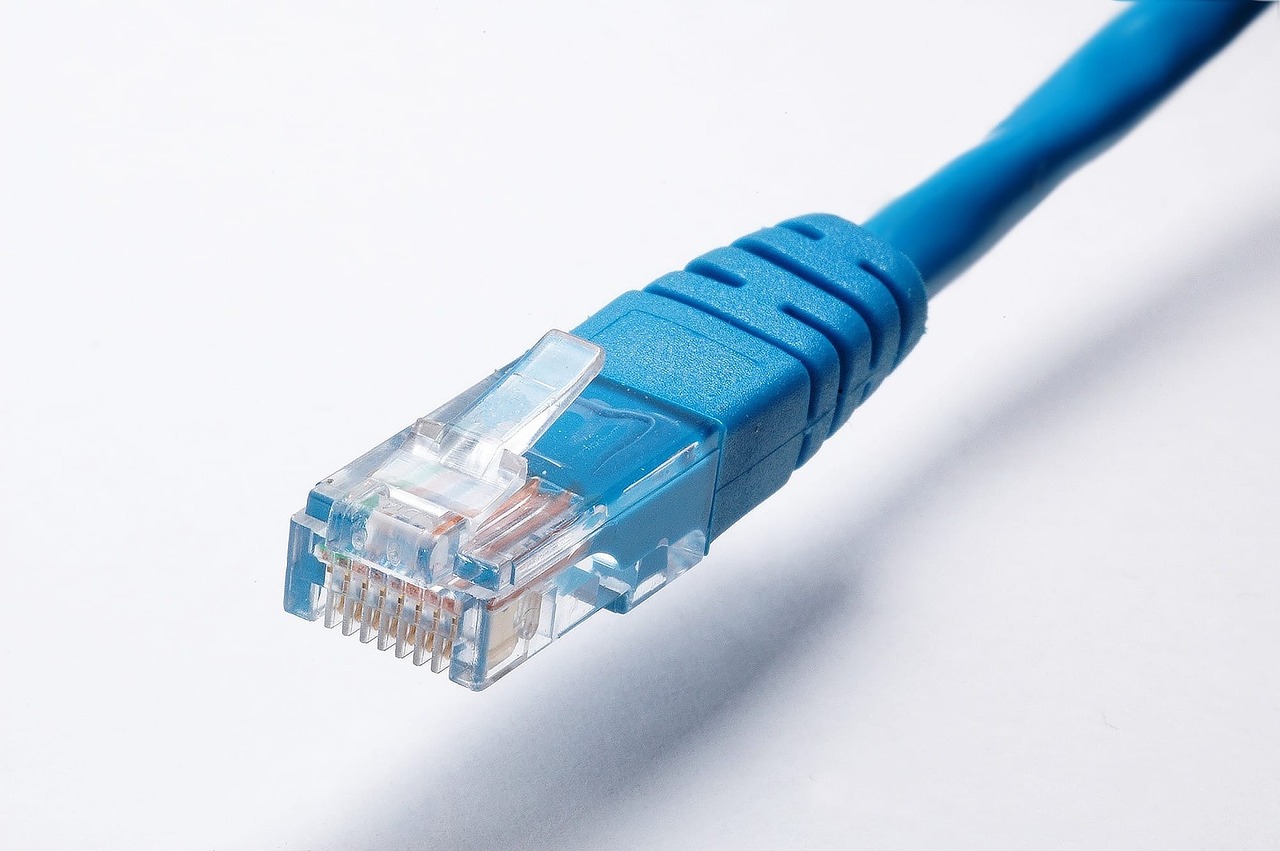Blockchain and Healthcare Data Sharing: Improving Patient Care Coordination
Blockchain technology has emerged as a revolutionary tool in the healthcare sector, particularly in data sharing. By utilizing decentralized and secure networks, blockchain ensures that sensitive medical information is stored in a tamper-proof manner, enhancing data security and confidentiality. Patients can have greater control over their health data, granting access to healthcare providers as needed while maintaining strict privacy protocols.
Moreover, blockchain technology has the potential to streamline data sharing processes among different healthcare providers and organizations. With the ability to create a single source of truth for patient information, blockchain can facilitate seamless communication and collaboration across disparate healthcare systems. This not only improves the efficiency of care delivery but also enhances the accuracy and completeness of patient records, leading to better clinical decision-making and outcomes.
Challenges in Patient Care Coordination Without Blockchain
Patient care coordination in healthcare faces significant hurdles due to the lack of a streamlined system for sharing information efficiently among different providers. Without a unified platform like blockchain technology, healthcare professionals often struggle with fragmented data, leading to delays in treatment, redundant tests, and miscommunications that compromise patient care quality.
The absence of a secure and transparent data-sharing infrastructure without blockchain inhibits the seamless exchange of patient information between various healthcare entities. Consequently, this results in disjointed care plans, gaps in medical history, and missed opportunities for timely interventions, ultimately hindering the overall effectiveness of patient care coordination efforts.
How can blockchain technology improve healthcare data sharing?
Blockchain technology can improve healthcare data sharing by providing a secure and transparent platform for sharing patient information across different healthcare providers in real-time.
What are some challenges in patient care coordination without blockchain?
Some challenges in patient care coordination without blockchain include data silos, interoperability issues, security concerns, and lack of transparency in information sharing.
How can blockchain address the issue of data silos in healthcare?
Blockchain can address the issue of data silos in healthcare by creating a decentralized and secure system where all healthcare providers can access and update patient information in real-time.
What role does interoperability play in patient care coordination?
Interoperability plays a crucial role in patient care coordination as it ensures that different healthcare systems and providers can seamlessly exchange and use patient information to provide comprehensive care.
How can blockchain technology improve security in healthcare data sharing?
Blockchain technology improves security in healthcare data sharing by encrypting patient information, providing secure access controls, and creating an immutable audit trail of all data transactions.
What are the benefits of using blockchain technology in patient care coordination?
Some benefits of using blockchain technology in patient care coordination include improved data security, enhanced interoperability, streamlined information sharing, and increased transparency in healthcare processes.





